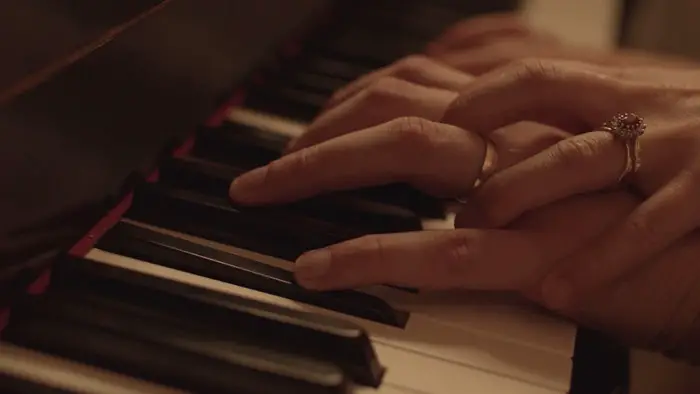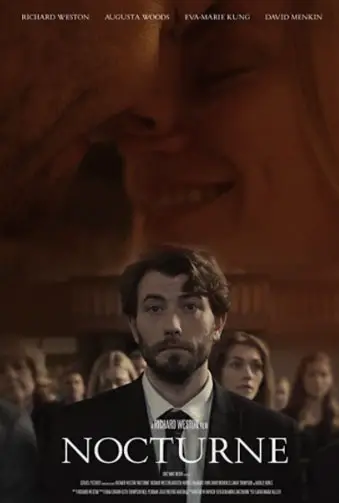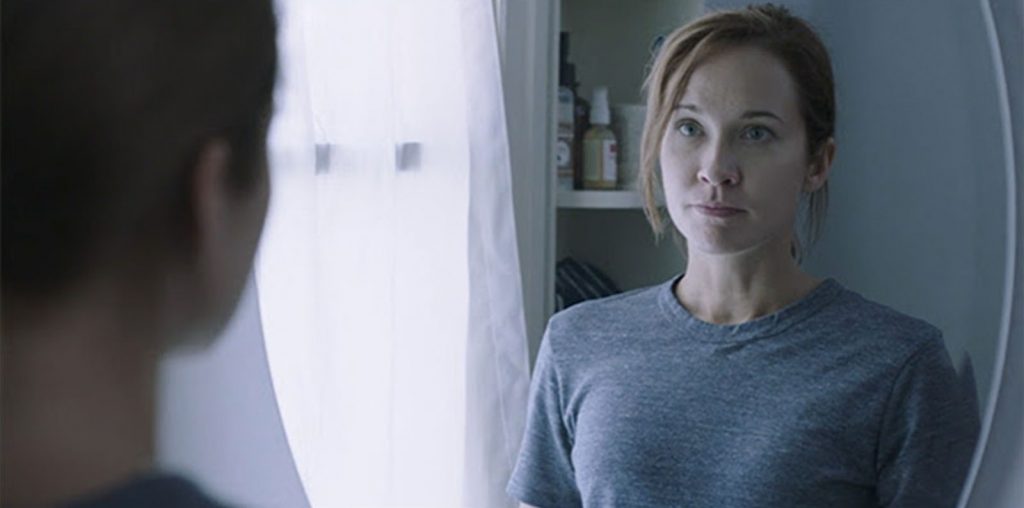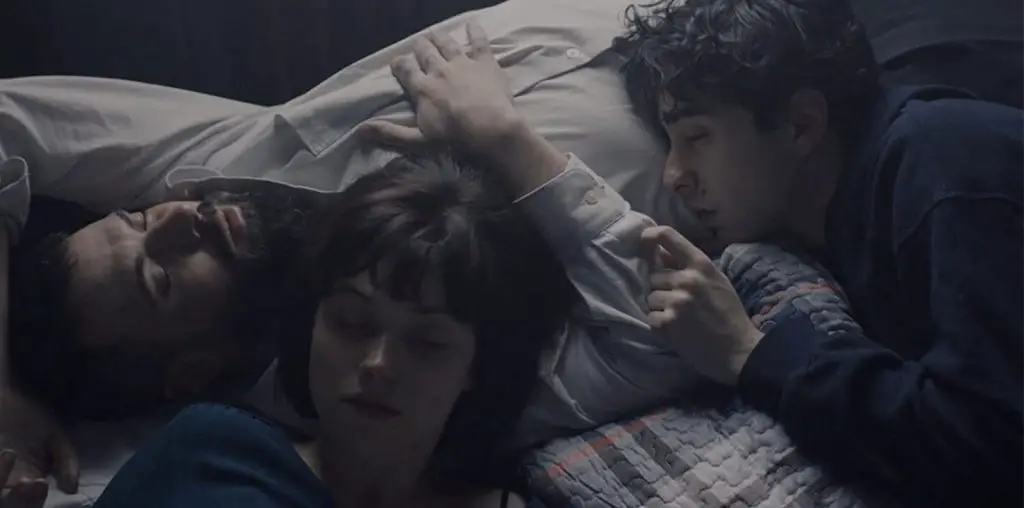
Martin (Richard Weston) and Claire’s (Augusta Woods) relationship isn’t perfect, but they clearly care for one another. Through thick and thin, they work together to prove their love for one another. As such, they’ve managed to stand steady through some of the more difficult moments in their lives. However, when Claire suddenly passes away, Martin learns a sad truth about the woman he loves… she’s been cheating on him. Nocturne is the story of Martin traveling to London to confront Claire’s lover, but what he discovers is not what he expected.
As the title Nocturne might imply, music plays an important role. Music fills the space in the room, envelops viewers, and pulls them into the story. The keys of a piano can overshadow the most emotional moments in the film. While this might seem like a terrible decision, as previously mentioned, the music is what pulls viewers in better than any other aspect of the story.
While the music drowns out the dialogue to some degree, it forces viewers to hone in on the emotions present in Nocturne and allows them the opportunity to absorb their depth present throughout. As the most pivotal scenes unfold, much of what is said seems almost in tune with the soundtrack, helping to better bring out Martin’s emotions and better present viewers with his struggles. The symphony of sounds ultimately becomes the narrator and, in many ways, is the most important character in Nocturne.

“…Martin learns a sad truth about the woman he loves… she’s been cheating on him.”
While the music plays a large role in accepting Weston’s Martin, there is so much more to the character that allows him to be both relatable and empathetic. Martin is in nearly every scene of the short and is the one who guides Nocturne. Coupled with the music, Weston is tasked with bringing the film’s emotion to life and does so with great vigor. Every subtle nod, tear shed, or hand gesture means something in the grand scheme of things. As Martin begins to soak up everything happening around him, his emotions start to travel much like a roller coaster.
Without perfection, the story would be lost, but Weston beautifully brings every second of emotion to life. Furthermore, Weston’s makeup, the setting, and the camera angles give the illusion that everything throughout Nocturne is real. Aspects of his character should be credited to the makeup department, the cinematographer, or the sound department. However, the fact that Weston leads the way in terms of both writing and directing (on top of his lead role) and is able to feed brilliantly off of his surroundings finds him deserving of recognition throughout every facet of the movie.
Viewers are often able to relate to the content of a film, but Nocturne takes this one step further. Weston, along with composer Matthew Dwivedi, creates an orchestral feel that engulfs viewers and not only allows them the ability to relate to the lead character but feel as if they are part of the story. From the opening moments, as the air is filled with the beautiful sound of the piano, viewers very much feel like they are part of Nocturne and Martin’s ever-changing journey until the final key comes to an end. Like the music present throughout, the film is beautifully engaging and full of energy.

"…an orchestral feel that engulfs viewers..."


